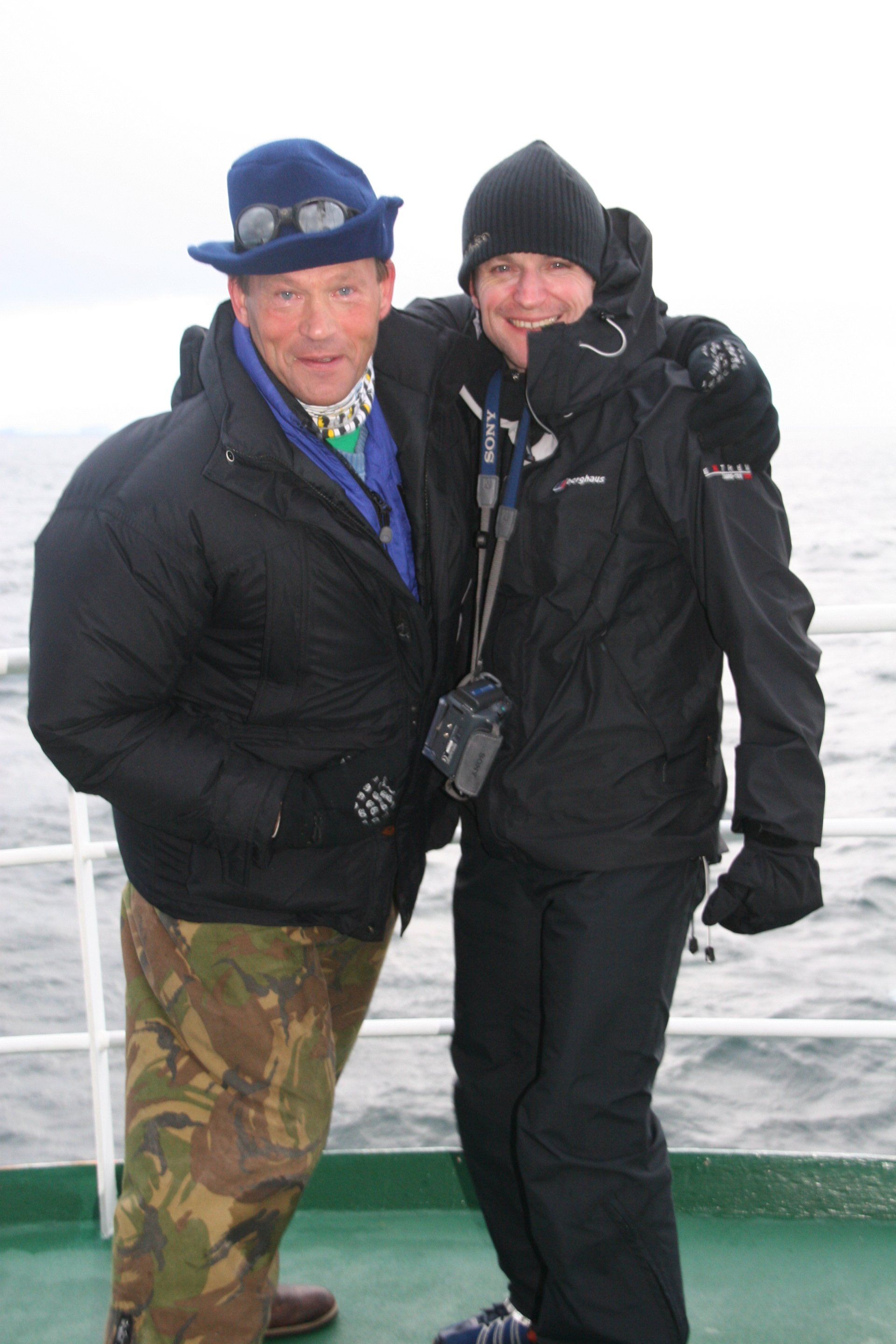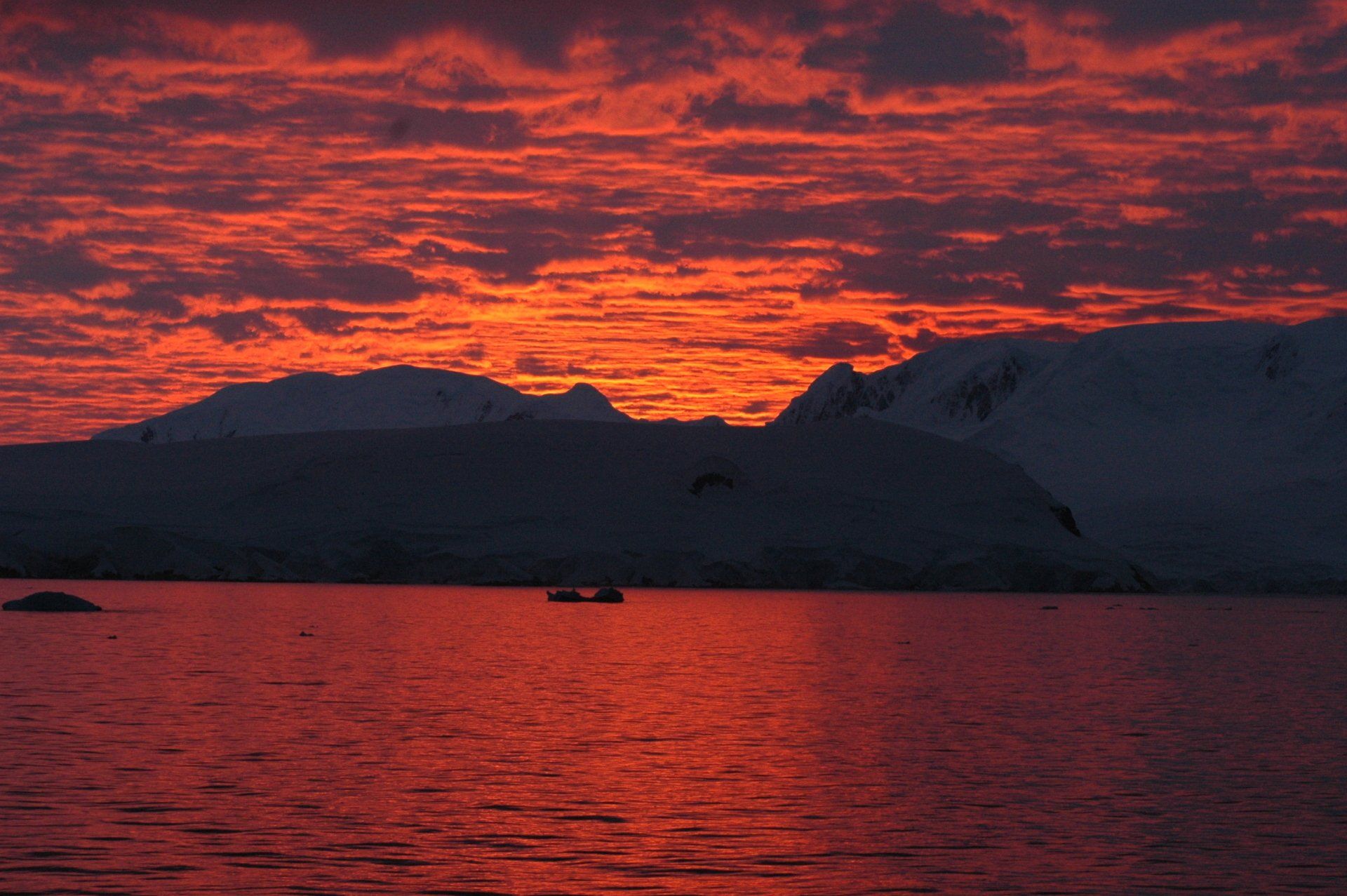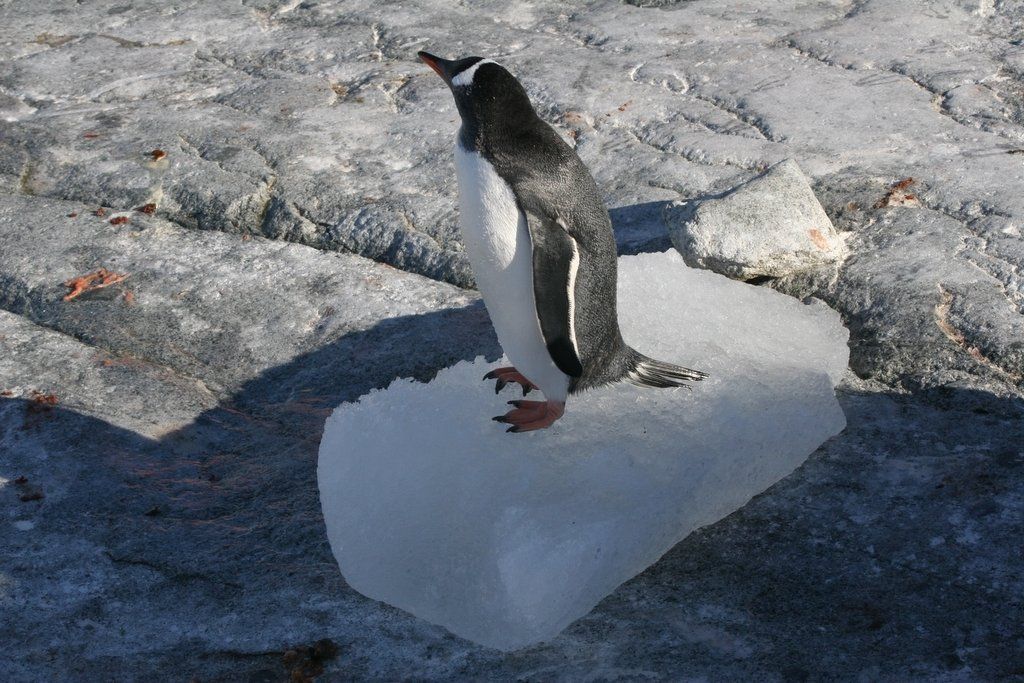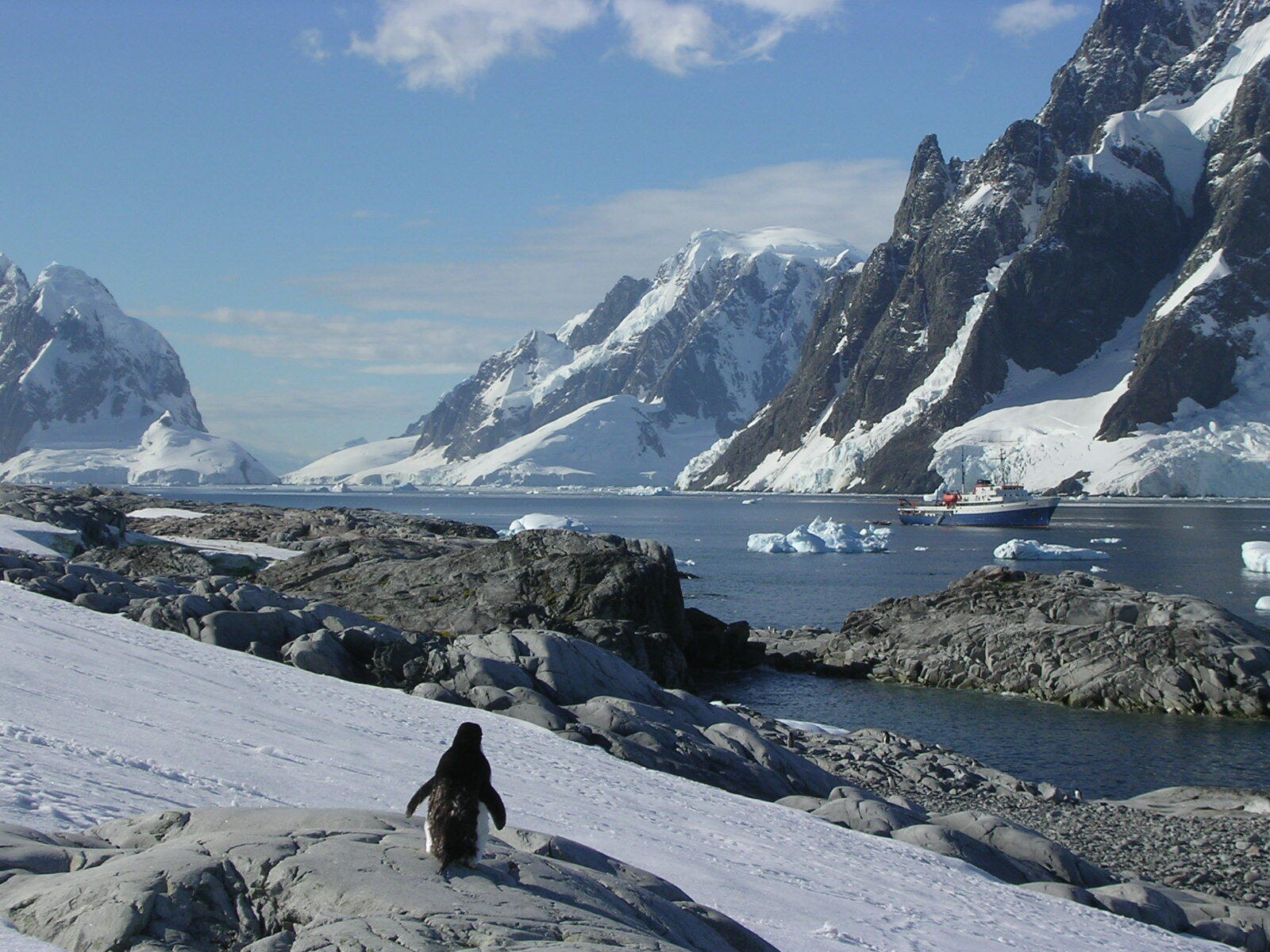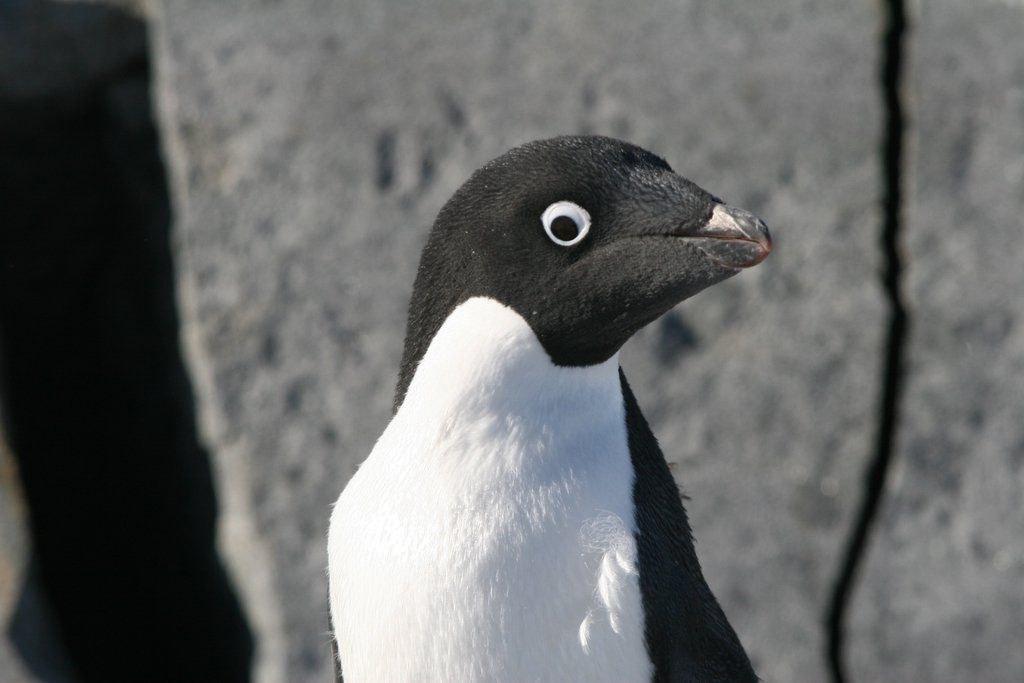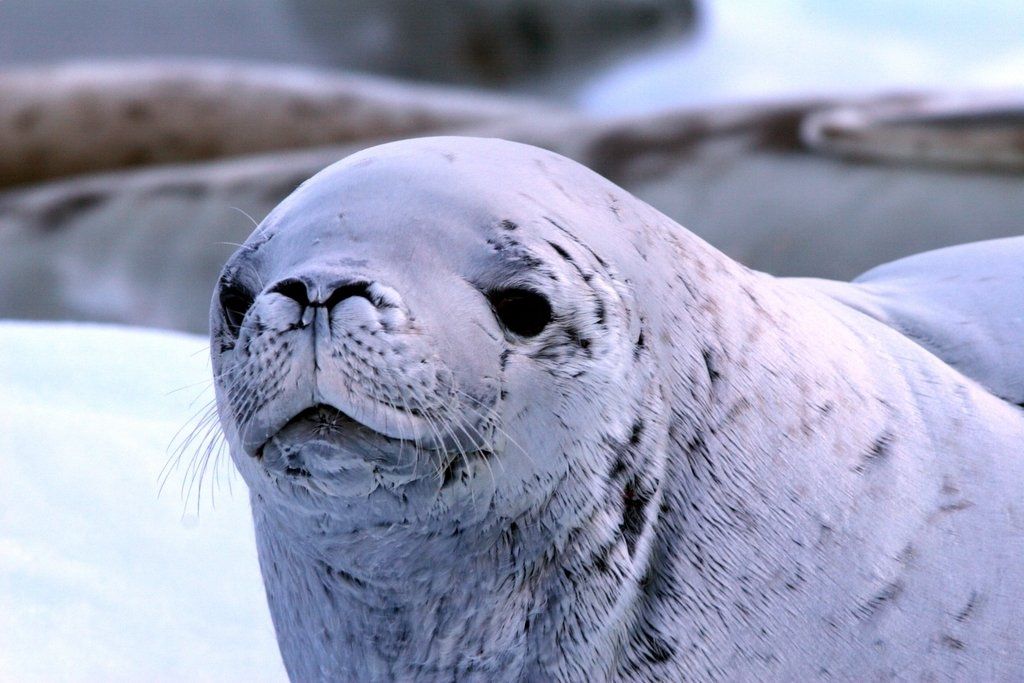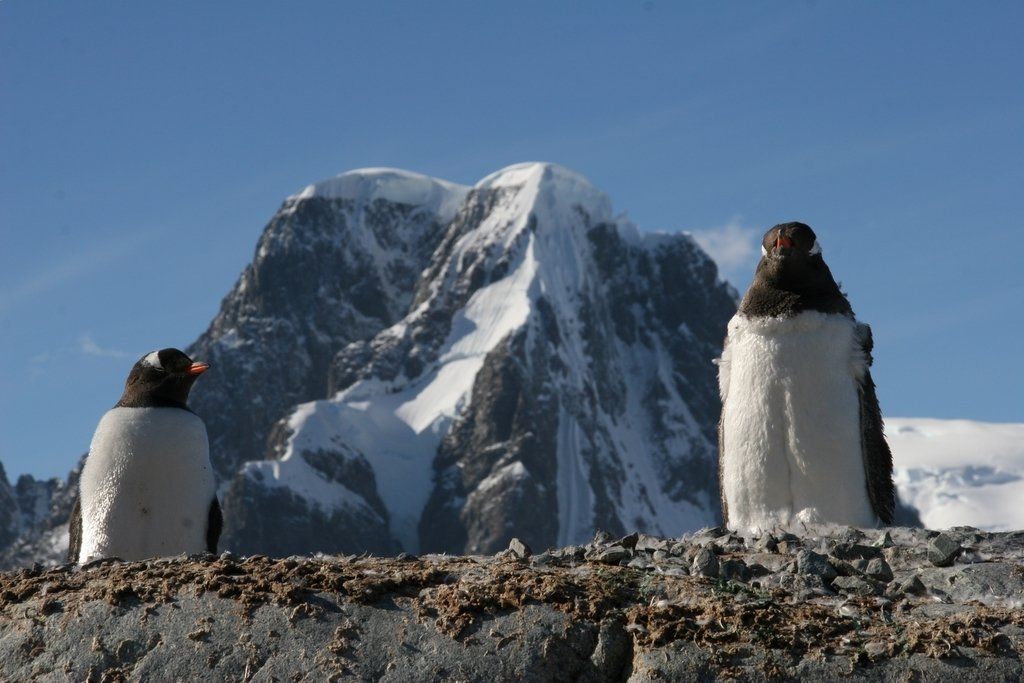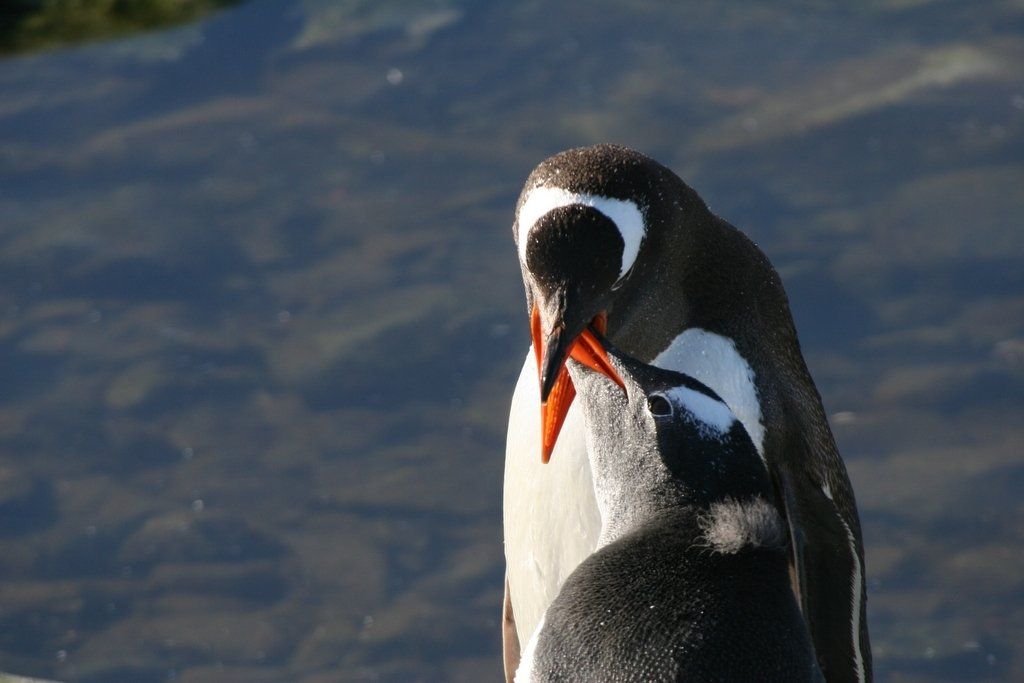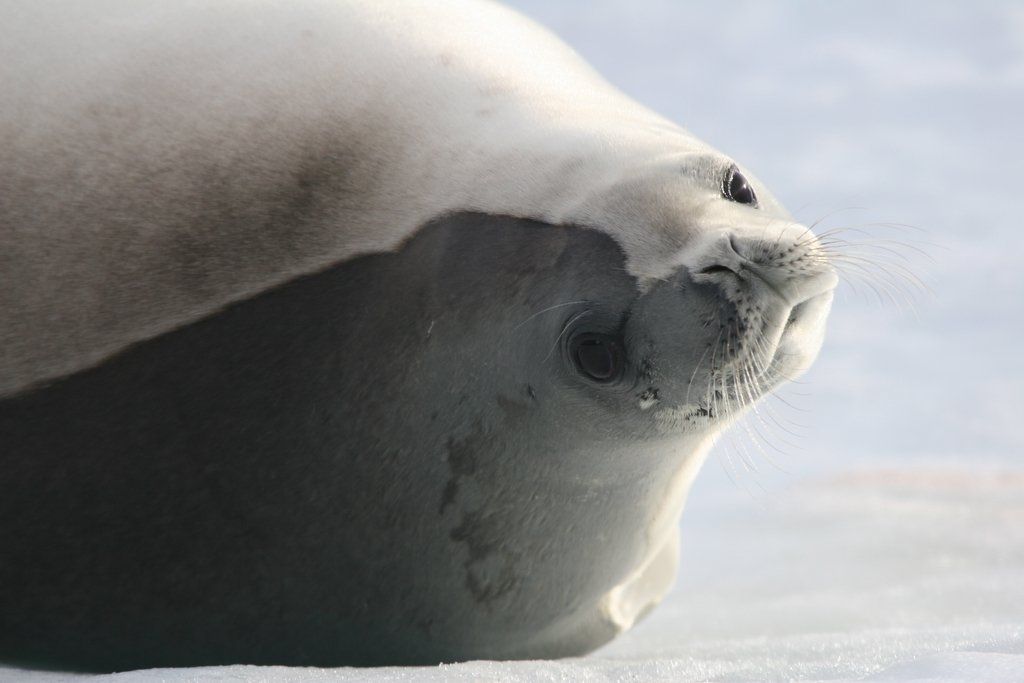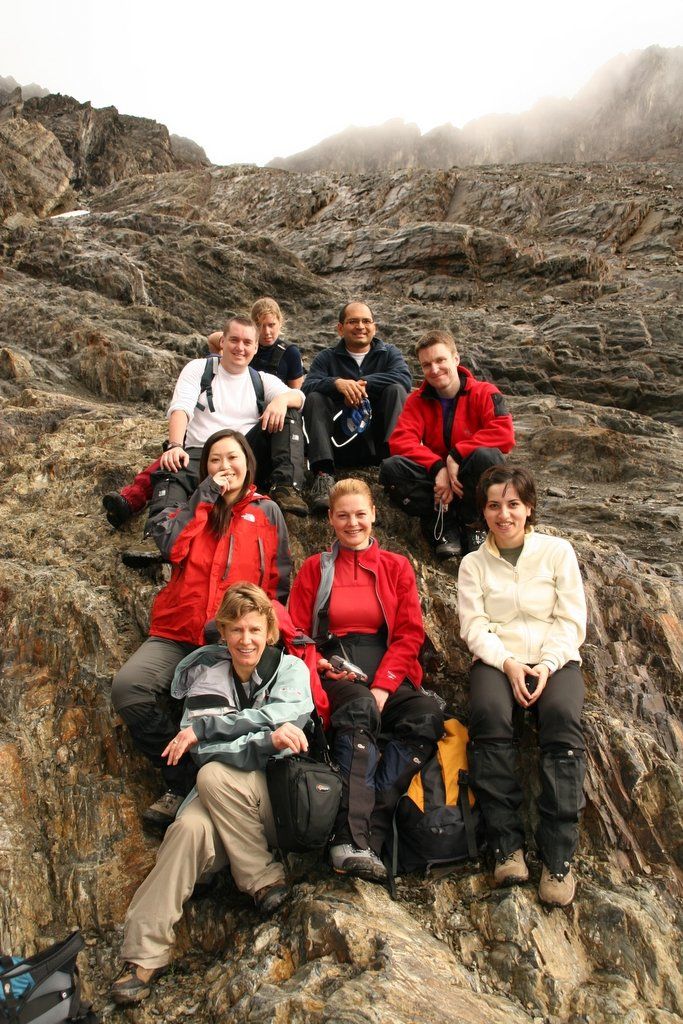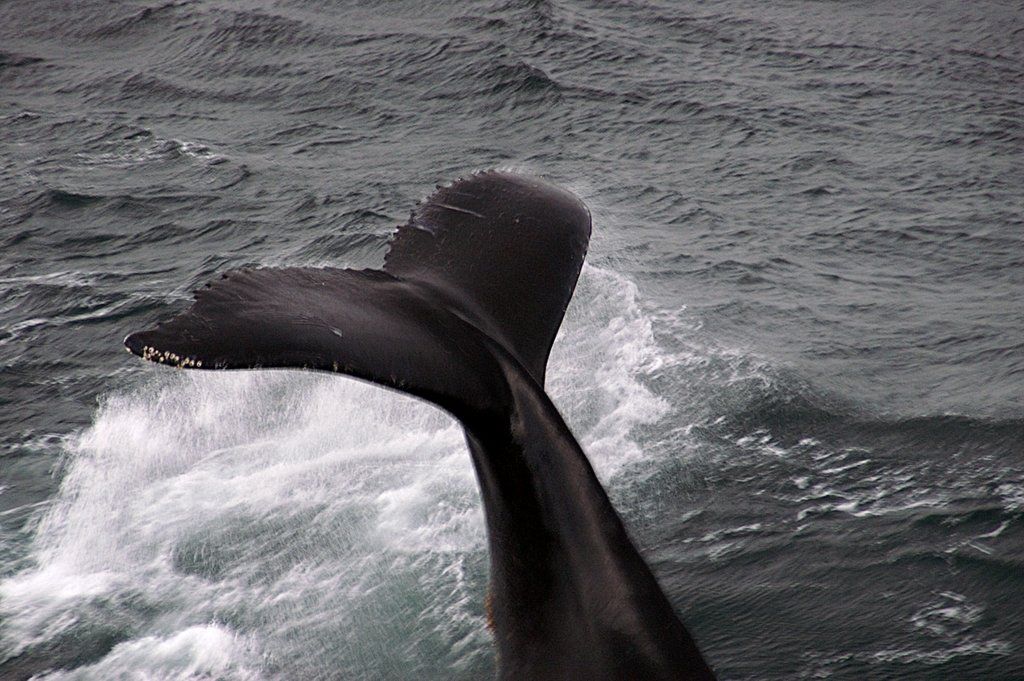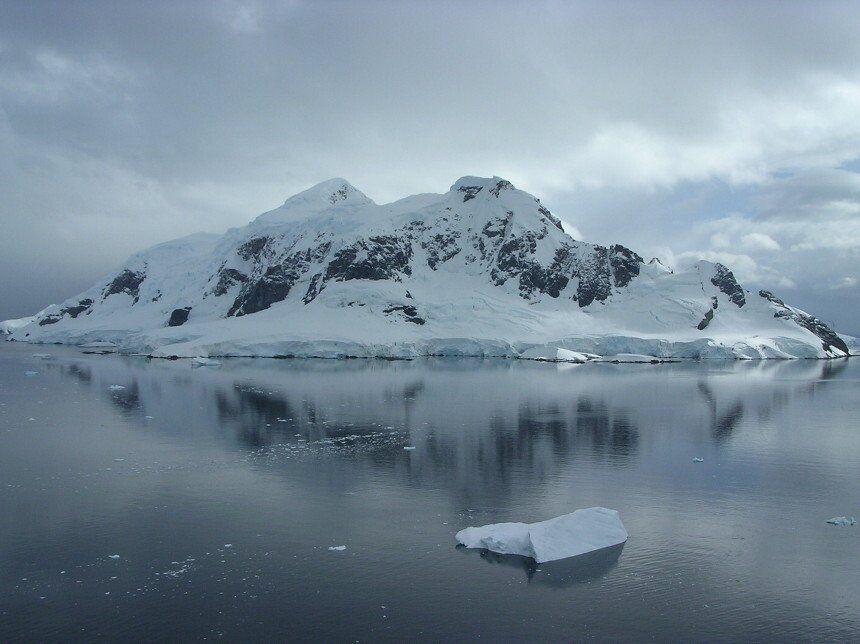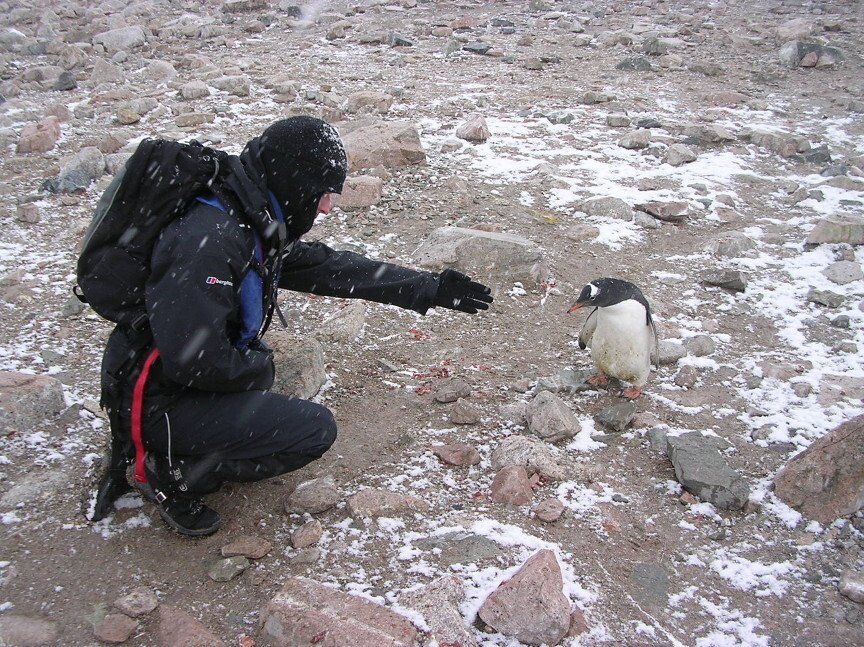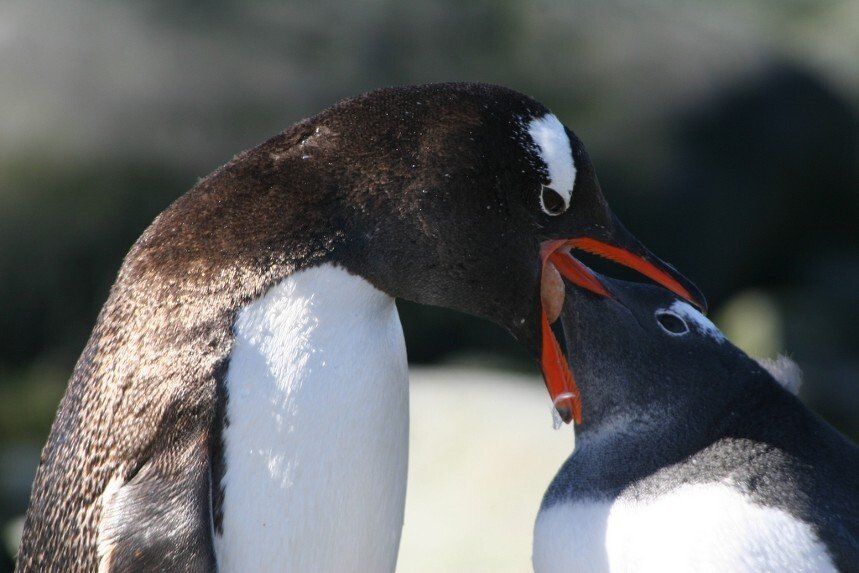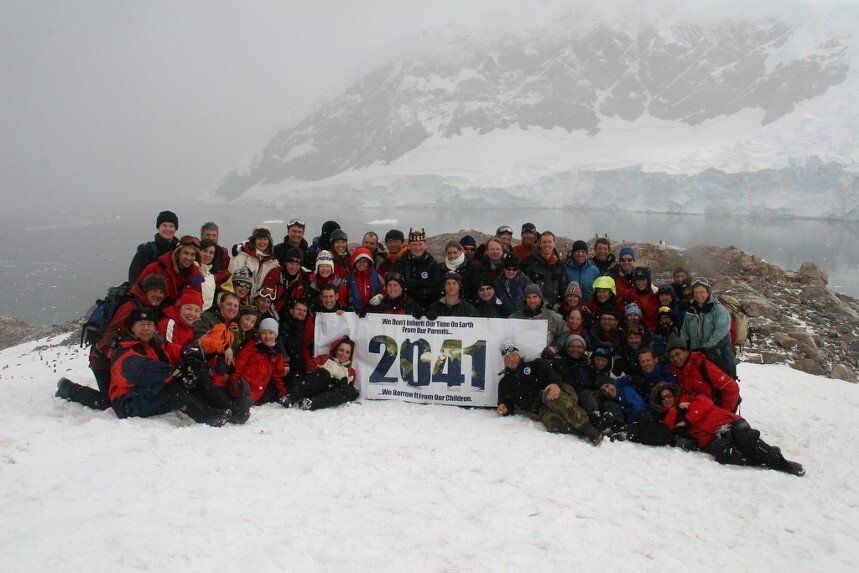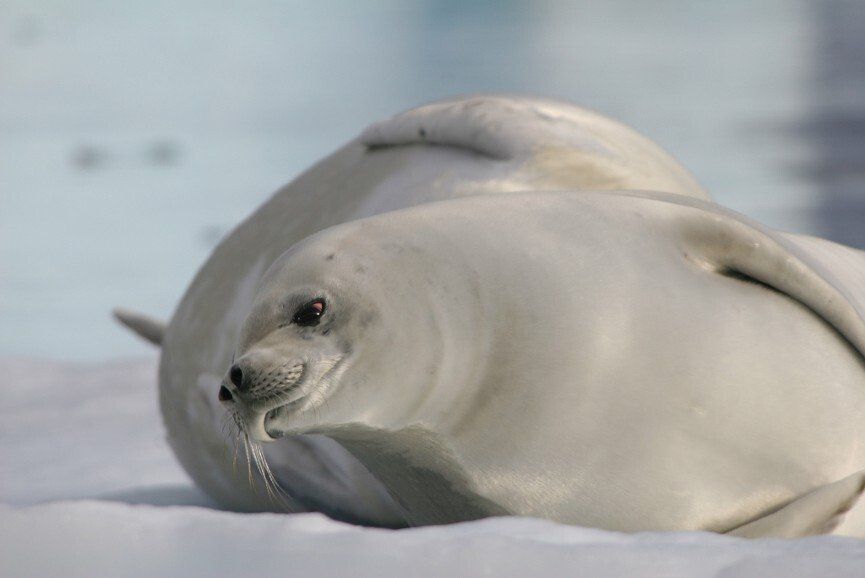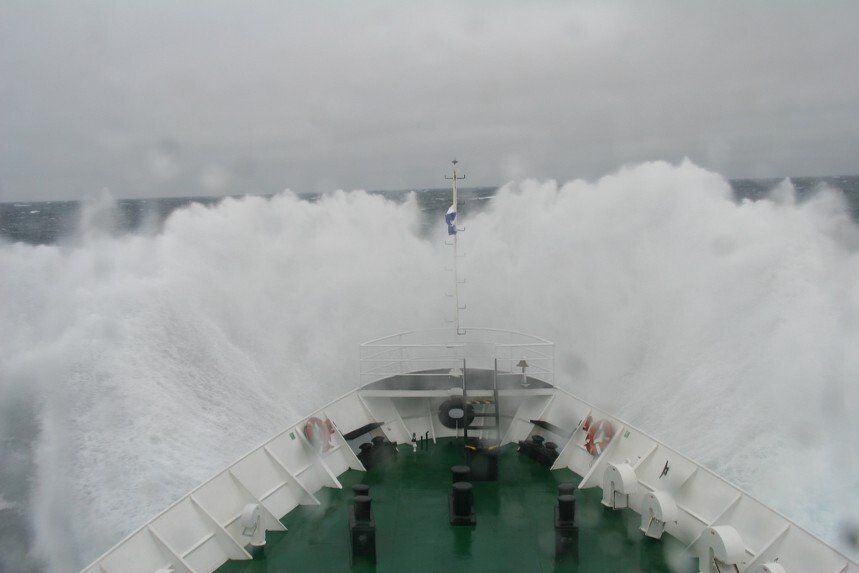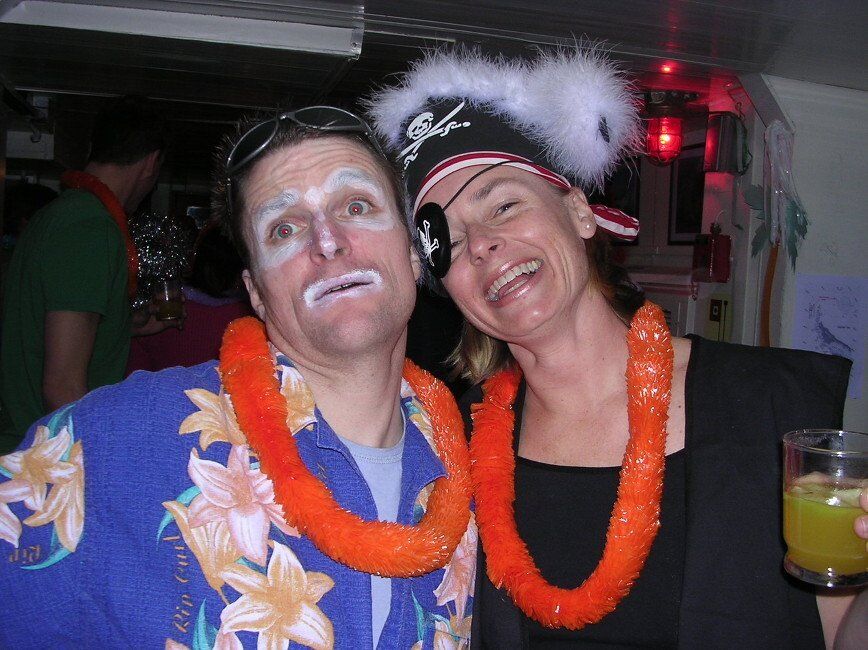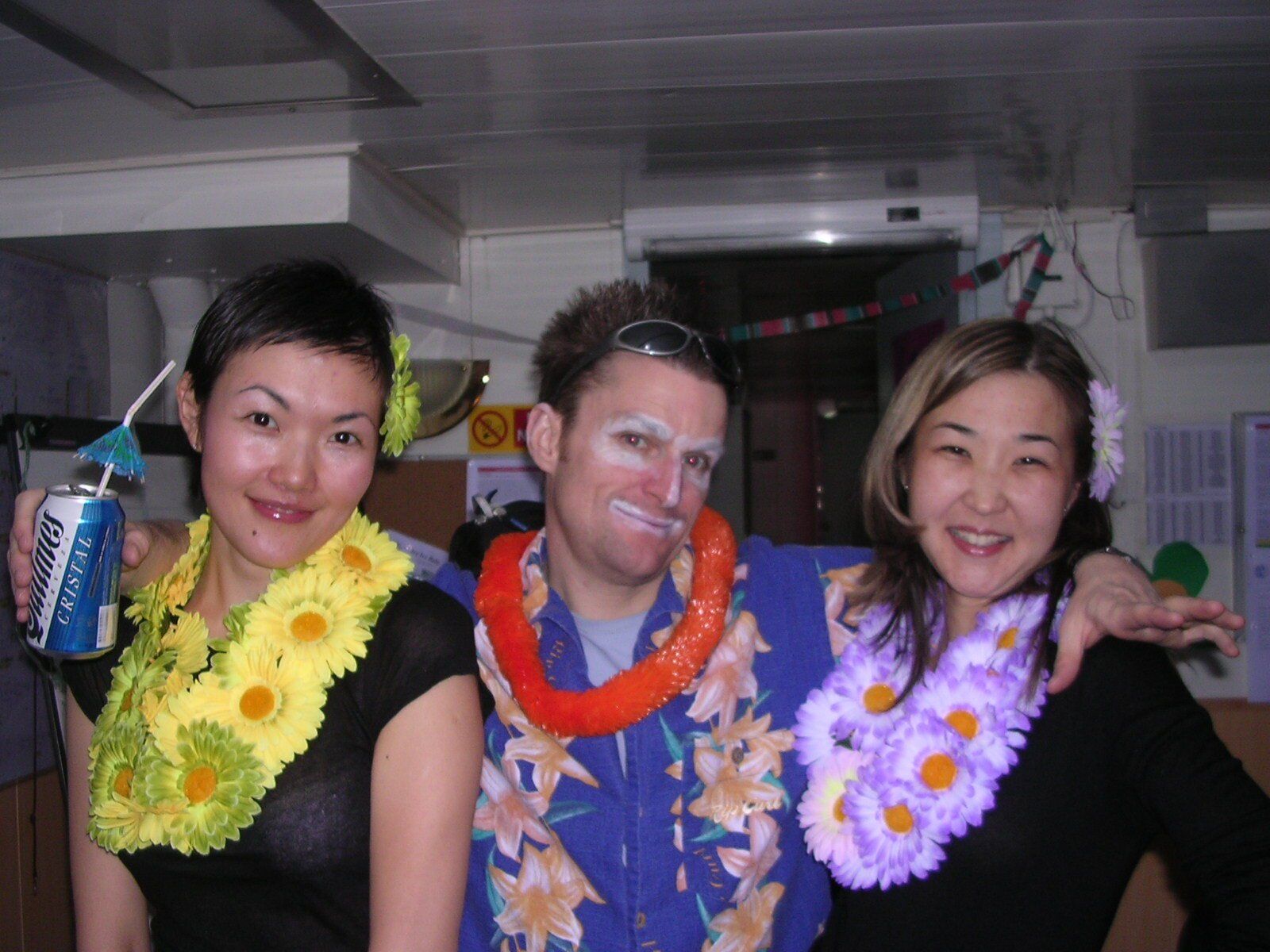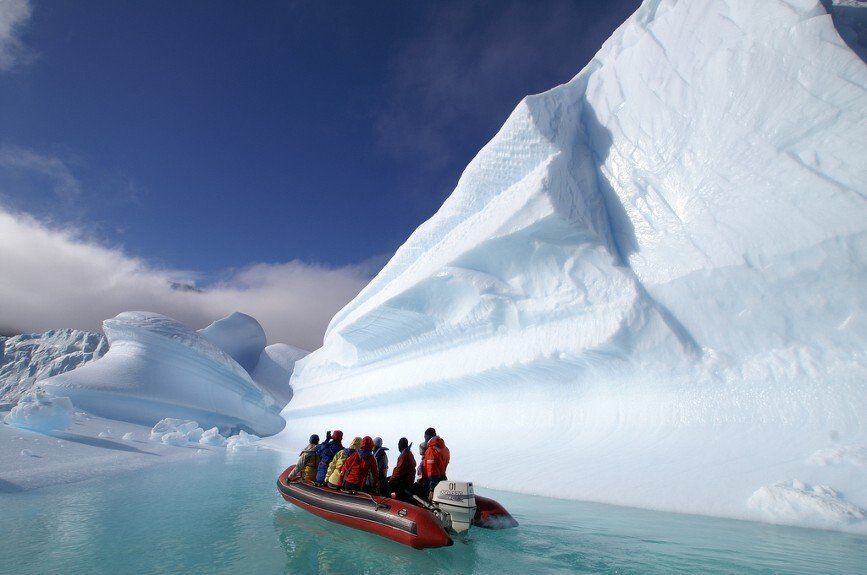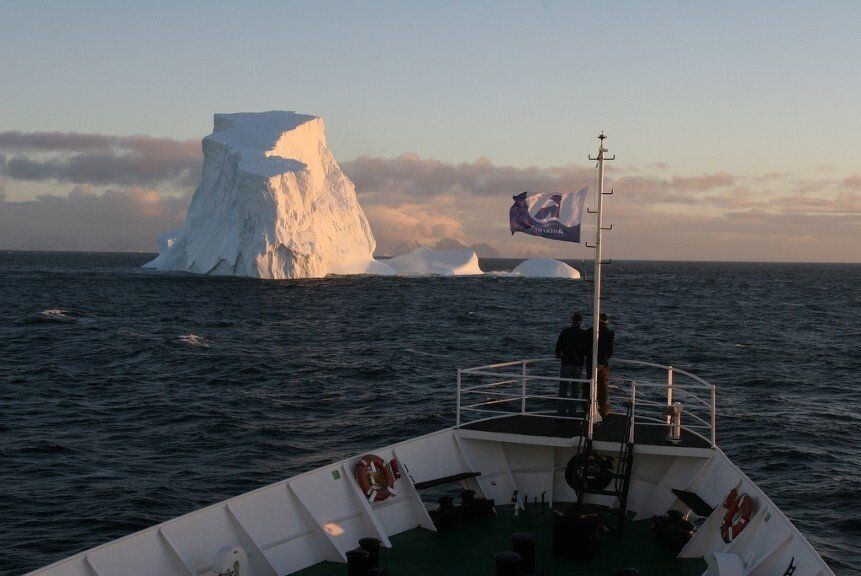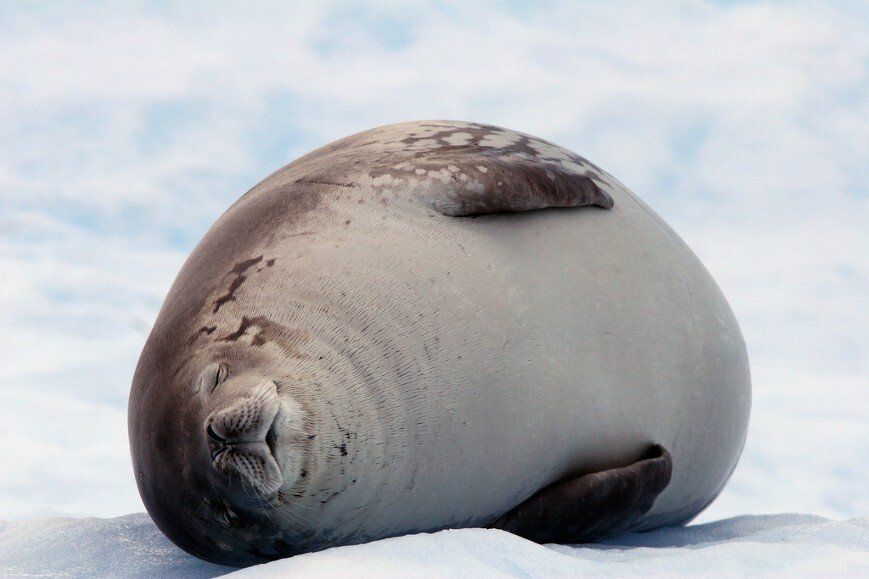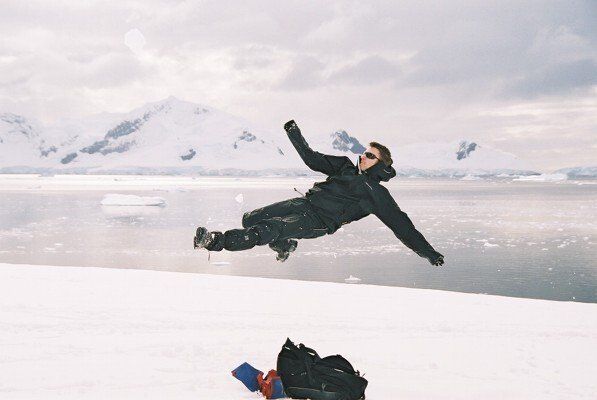Antarctica
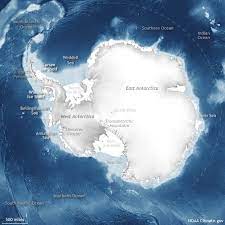
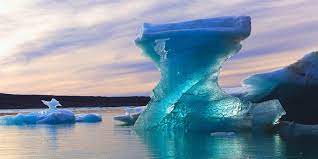
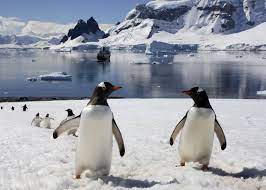
Today the team woke to the stunning landscape of the narrow Errera Channel. As the captain skilfully negotiated the icebergs that littered our path, everyone hurried to the deck to view natural beauty in its most pristine and blatant guise. The ship anchored in Neko Bay on the Antarctic Peninsula where the team encountered their first major penguin rookery. A sea of black dots against a white backdrop transformed into thousands of Gentoo penguins as we neared the shore. It was a humbling experience to watch as these innocent birds waddled towards us, inquisitive and trusting. What is it about these birds that make them so hypnotic and cute? Is it the way that they walk upright like people? Is it because they hold out their small wings like an invitation for an embrace? Or is it a deeper respect, and an admiration of the harsh and sometimes cruel environment they tolerate? They have a truly mesmerising quality.
This is just a small section of a personal diary I kept in Antarctica. It is an attempt to capture this inspirational and stunning continent. As a teacher I face the challenge of communicating this to the children I teach and the colleagues I teach alongside. I have seen firsthand the fragile ecosystems and human pollution in Antarctica. I have seen huge chunks of the Larsen B ice shelf floating and melting due to global warming. It is our collective responsibility to show children how they can act locally to reduce our impact upon the earth, whilst thinking globally and recognising the positive differences they can make. In this article I hope to show you how we as educators can approach this.
Antarctica is so pure, fresh and uncomplicated. It’s like a mirror. You look into that mirror and you see your life, unobstructed. You are 11 again, seeing the world so simply. The pressures of work are filtered out and a perspective is found. Our Polar environments, and the wildlife they support, are unique and irreplaceable. The Polar Regions influence our Earth’s climate, and they need conserving and preserving.
Antarctica is the earth’s 5th largest continent. The ice sheet that covers Antarctica is the largest body of fresh water on earth, containing about 91% of the world’s ice and 70% of its fresh water. If Antarctica’s ice sheet were to melt it would raise the level of the world’s oceans by about 70m. The Antarctic is already experiencing the effects of global warming. Temperatures have risen over the last 3 decades and the annual melt season has increased by 2 to 3 weeks in the past 20 years. As the last unspoiled wilderness on earth, it is currently protected by a treaty prohibiting mining and drilling until 2041. This treaty states that Antarctica can only be used for educational, scientific and peaceful purposes. Decisions made in 2041 by today’s youth will impact on our entire planet’s ecosystem and the future of life on earth. No one country owns Antarctica. It is an example of international cooperation. Today’s youth will be the leaders when the moratorium for drilling and mining in the Antarctic comes up for review in 2041. We must educate and inspire them now, in order for them to make informed decisions in 2041. Teachers are the key to their education.
I was invited along, sponsored by Coca-Cola, on an International Antarctic Expedition (I.A.E. 4). The leader of the expedition was Professor Robert Swan O.B.E., record breaking explorer and inspiration to so many people. He was the first person in history to walk to both poles. Following his inspirations of Scott, Admunsen and Shackleton to the polar areas convinced him that a positive message to young people about the environment, utilizing the world of industry, business and commerce, was the only way forward. Robert, charged by global leaders at two world summits to work alongside industry and business in educating and inspiring young people, has taken over 300 young people, teachers and corporate heads on his Antarctic voyages. These individuals then return to their communities and use the skills of leadership developed on the voyage to educate others and to perhaps provide funding for environmental projects. This was the fourth Antarctic Expedition.
Walt Whitman once wrote, ‘There was a child went forth every day and the first object he looked upon, that object he became and that object became part of him for the day or a certain part of the day or for many years or stretching cycles of years.’
I mentioned earlier that the purity and order of Antarctica brings back the child in you. On that continent I was an iceberg for part of the day or a penguin for another part, and I then understood and respected this extraordinary place. Whitman’s poem reminds us of how lives can be shaped by beauty and experience. I know Antarctica will forever live within me. I have been touched by this continent and I hope I can use this inspiration and pass it on to the children and teachers I meet. A 21 year old named Andrew from Los Angeles joined us on the expedition. For over 18 years he has been in foster and group homes, his parents long since a part of his life. Towards the end of the expedition he wrote a narrative about his story and how Antarctica has affected him. It reduced many of the team to tears. He is testament to how young people can be influenced or changed despite personal difficulties. A filmmaker on the expedition helped him to make a film about his story so that he can take his experience back to the group home in which he currently lives. Ultimately we must hope that all of this good practice in young people leads them to become compassionate ambassadors for our world, in whatever line of work they may pursue. We must all act now to teach our children to live a sustainable lifestyle, and foster within them a deep appreciation of the wonder of our natural world. The study of Antarctica is a fantastic way of doing that. Our task is to inspire children to create extraordinary results through leadership, teamwork and personal development in preserving the environment. We too in our own backyards can take small achievable steps to protect the environment, our planet and preserve its natural beauty and integrity for future generations.
After all, to quote from the expedition’s, mantra ‘We don’t inherit our time on earth from our parents; we borrow it from our children!’
More information about the expedition and its purpose is available on www.2041.com. Link below.
